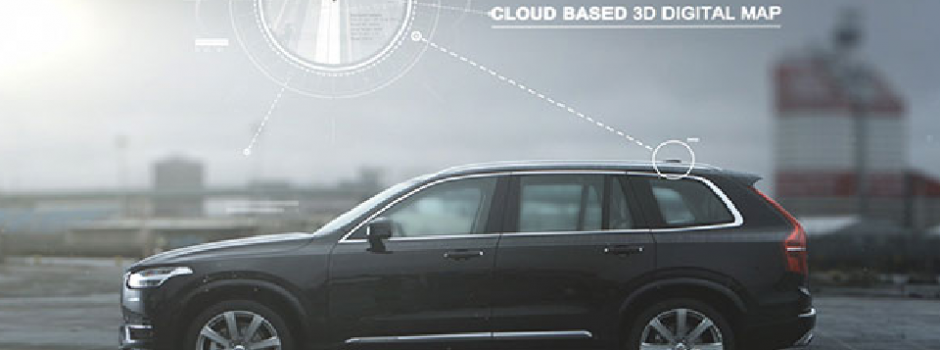Riding in Driverless Cars Could Be Sickening

Self-driving vehicles could increase the likelihood of motion sickness in some riders, suggests a University of Michigan Transportation Research Institute study released last week.
Motion sickness, also known as “kinetosis,” is a condition marked by symptoms of nausea, dizziness and other physical discomfort.
Three factors that contribute to motion sickness — conflict between vestibular and visual inputs, inability to anticipate the direction of motion, and the lack of control over the direction of motion — could be elevated in self-driving vehicles, the researchers noted.
“Our results indicate that six to 12 percent of American adults riding in fully self-driving vehicles would be expected to experience moderate or severe motion sickness at some time,” said UMTRI research professor Michael Sivak, who conducted the research with Brandon Schoettle, a project manager at UMTRI.
Beyond Watching the Road
The fact that no one is behind the wheel is not what raises the likelihood of motion sickness. Rather, it’s associated with the side-effect that self-driving cars would allow riders to engage in activities other than watching the road.
The researchers surveyed more than 3,200 adults in the United States and five other countries — Australia, China, Great Britain, India and Japan — about the types of activities they might engage in while riding in a self-driving car.
More than a third of Americans said they would do things that would increase the likelihood and severity of motion sickness — such as reading, texting, watching movies or television, playing games or working — the UMTRI team found.
Motion sickness is often caused by a conflict between visual and vestibular inputs; thus, trying to focus on a book, magazine or video screen could increase the chances of experiencing it. It’s for this reason that vehicle passengers are at greater risk for motion sickness, while drivers rarely experience it all.
“The frequency and severity of motion sickness is influenced by the activity that one would be involved in instead of driving,” Sivak told TechNewsWorld.
“This is no more a problem for passengers than it likely was before,” said Rob Enderle, principal analyst at the Enderle Group.
“It is going to be a bigger problem for the ‘drivers’ as they could not be engaged in other activities when they’re not actually driving,” he told TechNewsWorld, “but this is no more of an issue than for those trying to do work while riding on the bus.”
Those who watch the road, talk on the phone or even sleep while riding in an autonomous vehicle likely would not feel any motion sickness, the UMTRI report noted.
Smoother Ride
Manufacturers should consider designing cars that could reduce the likelihood of motion sickness, suggested Sivak and Schoettle. That could be accomplished by maximizing the visual field with larger windows, and by mounting transparent video and work displays that would require passengers to face forward.
Based on that line of thinking, the swivel seats included in the concept vehicle Mercedes showed off at CES might have to go.
Seats designed to restrict head motion and fully recline also could reduce the likelihood of motion sickness.
There’s the possibility that self-driving cars could reduce the likelihood of motion sickness to an extent. The likely would drive at a steadier pace than vehicles driven by humans, who might get distracted and swerve or suddenly change speed.
Speed itself isn’t an issue, Enderle pointed out.
“Motion sickness mostly occurs on wavy and curvy roads. … In heavy traffic, no one in the car is likely to be affected by motion sickness.”
Source: The Tech World
